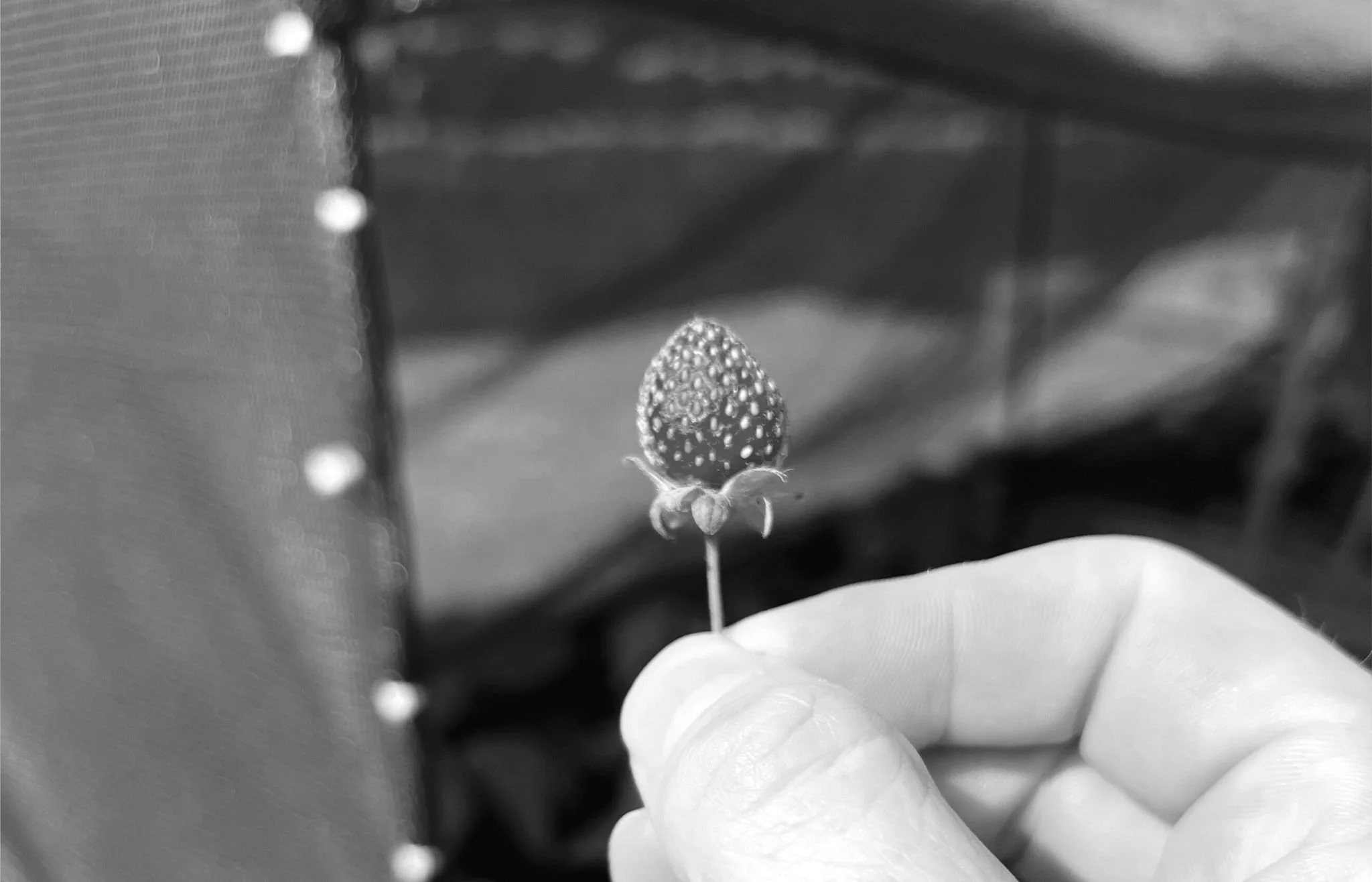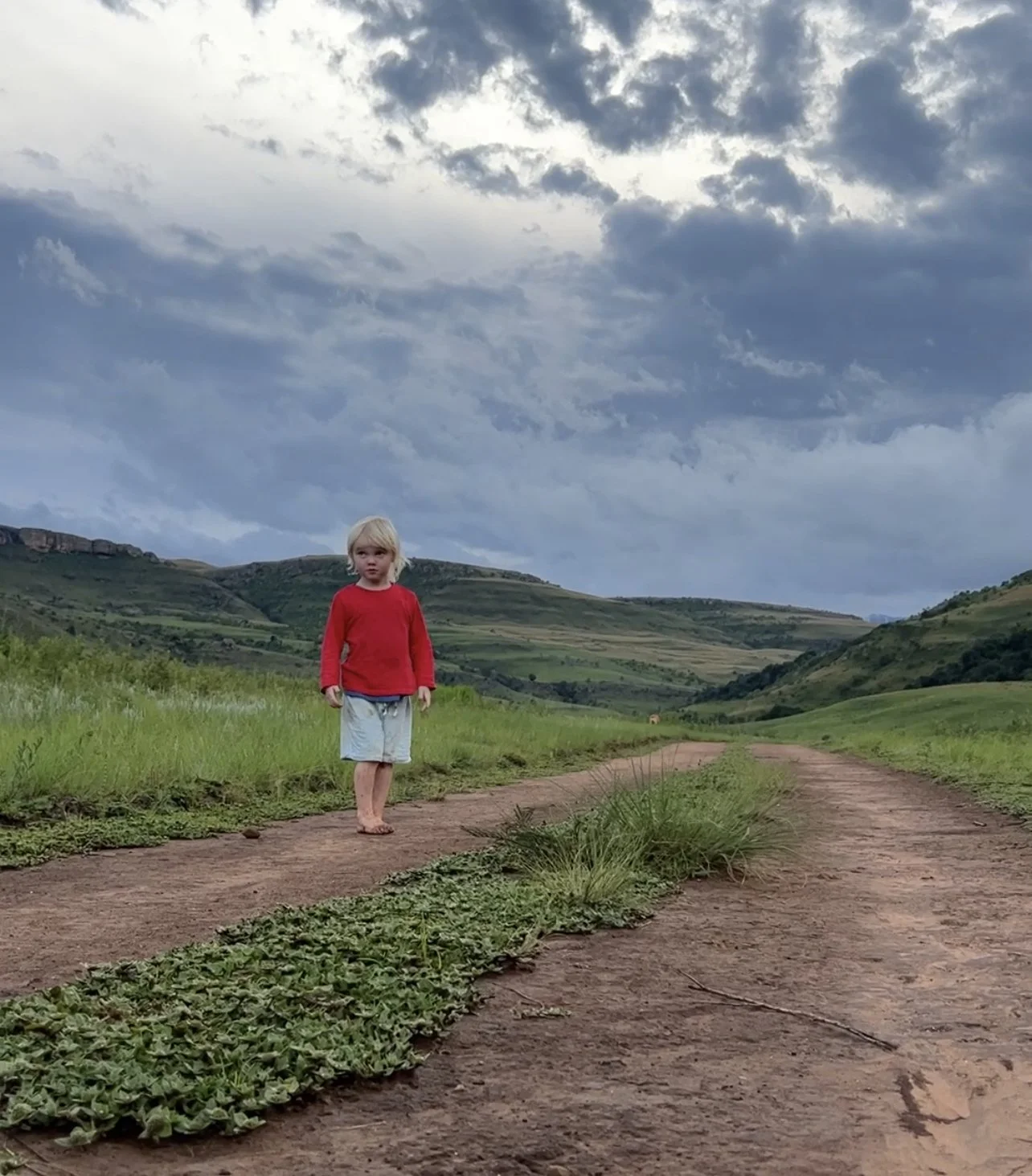Believe
Where were you on Saturday night?
I watched Saturday’s game in a small village two hours outside of Cape Town. I was with my daughters (19 and 16 yrs) who until this past month have never followed rugby in any format. Despite my urging, they have always found the rules indecipherable.
This time, they were hooked. My older daughter turned to me after 70 minutes, “Yoooo, dad, this is intense.”
We were all swept away by the occasion. At the final whistle, the small pizza restaurant in Greyton we had gathered in erupted with wild scenes of joy.
When Siya lifted the trophy to signify South Africa’s record-making 4th world title, we danced in the streets down the road.
I’ve never hugged so many complete strangers in my life.
I have never seen so many adults cry as openly and unashamedly in public.
The feeling of connection and possibility across South Africa was palpable, even in our small microcosm in the Western Cape hinterland.
Madiba was correct when he said, “Sport has the power to unite people.”
On Sunday morning, my phone was glowing hot. Messages and memes came flying in thick n’ fast - some colourful, some hilarious, some inappropriate.
We should commiserate with our Kiwi brother and sisters. It was another nail-biting finish and they played unbelievably well with only 14 players.
I was chatting with friends about how the heck SA managed to find a way yet again.
‘Finding a way’ seems to be the official mantra of South Africa, after this past month.
One of the links shared with me on that blurry Sunday was to a brilliant piece of writing in The Guardian.
The writer points towards the two layers that South Africans infuse into their game.
The one is the Springbok game-plan, tactics, players and strategy. The second, which is far more potent, is the Springboks’ reason for playing. We are fighting for far more than a win on the rugby field. It’s about inspiring a nation.
As the joy (and distraction) of our rugby team’s achievement sweeps across South Africa, I’m wondering how can we sustain this feeling?
I have a hunch that the answer lies in some of the words echoing across the Springbok players’ reflections on the past month. They use the terms ‘faith’ and ‘trust’ in nearly all their press interviews. Some of it has been in a religious context, but much of it has been in the broader sense of the words.
As the great philosopher Ted Lasso said, “Believe.”
There is no logic to this.
There is no science in believing.
The compelling reasons to be optimistic in the face of South Africa’s broader adversity are scant.
There is no rational justification to think our current leaders can turn the tide on a country that has plummeted in every meaningful metric over the past era. Education. Infrastructure. Security. Energy.
These appear to be impossible tasks to solve. As entrepreneurs, the systemic challenges make the businesses challenges we face seem even more insurmountable.
So, why should we believe in the impossible?
I can think of two reasons.
One reason, as the Springboks showed, the cause is bigger than us as individuals.
When you’re fighting for something bigger than our individual selves, it not only makes our efforts worthwhile, it makes them doable.
The second, which is harder to pinpoint, is that faith is energising.
As the great philosopher Johnny Walker said, “The world stands aside for those that know where they’re going.”
People coalesce around this ‘knowingness’, despite (in truth) we never really know where we’re going.
This does not mean blind optimism.
Like Siya Kolisi, Jacques Nienaber and the whole Springbok crew, we must think deeply about how we go about operations. We should be clear about our destination and how we want to get there.
This also does not mean being dishonest about how we feel.
As the great philosopher Rassie Erasmus said, in an interview with the French media before their clash against France in the quarters, “Honesty is key.”
A journalist asked the Springbok manager whether it was important for him to feign calm in the build-up to such a nerve-wracking occasion.
Rassie responded, “When I’m nervous, I tell the players ‘I’m nervous’. When you put on bravado the players see through you. We try to be as honest as possible.”
There is a paradoxical reality here. On the one hand, it is about tightly controlled processes and logistics. On the other, it’s about letting go, being honest, leaning into the unknown and serving others.
Siya himself said this when visiting Heavy Chef’s entrepreneur community in 2019. “As a leader, you must want to serve, not to be served.”
Perhaps then, when we serve in faith, in honesty, in humility, the impossible is in fact possible, even if it seems unlikely.
Ted Lasso again:
“Belief in ourselves, in one another, is fundamental to being alive. If we can do that, can’t nobody rip that apart.”
Let’s find a way.
Peace -







